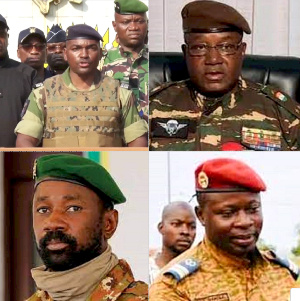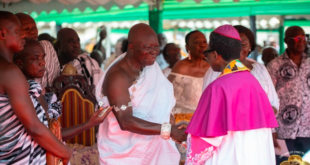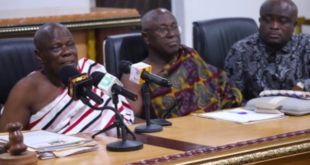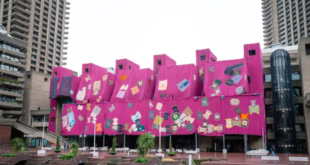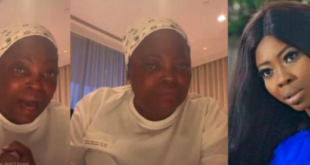The African continent has witnessed its fair share of political upheavals throughout history, with military coups being a recurring theme.
These abrupt changes in governance have often left nations grappling with instability, economic challenges, and uncertain futures.
In this article, we delve into eight African countries that have experienced coups, shedding light on the causes, consequences, and efforts to restore stability.
Gabon
On Tuesday night, August 29, 2023, Army officers appeared on national television in Gabon and declared that they had seized power.
According to them, they were annulling the results of Saturday’s election, in which President Ali Bongo was declared the winner.
Mr Bongo was said to have won just under two-thirds of the votes in an election the opposition argued was fraudulent.
His overthrow would end his family’s 53-year hold on power in the country.
Watch the video below:
Niger
In July 2023, members of Niger’s presidential guard detained President Mohamed Bazoum in his palace and appeared on national television saying they were taking back power to end the “deteriorating security situation and bad governance.”
A few days after the announcement, the junta declared the head of the presidential guard, Abdourahamane Tiani, the new head of state, raising concerns about the security of a region where Niger has been a key ally of Western powers seeking to contain insurgencies by groups linked to al Qaeda and Islamic State.
The main West African bloc ECOWAS has resorted to negotiating with the coup leaders but it emphasized that it was ready to send troops into Niger to restore constitutional order if diplomatic efforts failed.
Mali
Mali has faced multiple coups, with the most recent occurring in 2020. Dissatisfaction with President Ibrahim Boubacar Keïta’s rule and his handling of corruption and insurgency issues prompted military personnel to overthrow the government. The coup exacerbated an already fragile security situation in the country.
Burkina Faso
Burkina Faso’s army overthrew President Roch Kabore in January 2022, blaming him for failing to contain violence by Islamist militants.
Coup leader Lieutenant Colonel Paul-Henri Damiba pledged to restore security, but attacks worsened, eroding morale in the armed forces leading to a second coup eight months later when current junta leader Captain Ibrahim Traore, seized power in September following a mutiny.
Prior to that, the country experienced in 2014, when the then president, Blaise Cmpaore’s 27-year rule came to an end.
Chad
Chad’s army took power in April 2021 after President Idriss Deby was killed on the battlefield while visiting troops fighting rebels in the north.
Under Chadian law, the speaker of parliament should have become president. But a military council stepped in and dissolved parliament in the name of ensuring stability.
Deby’s son, General Mahamat Idriss Deby, was named interim president and tasked with overseeing an 18-month transition to elections.
The unconstitutional transfer of power led to riots in the capital N’Djamena that were but down by the military.
Guinea
In September 2021, Guinea experienced a coup led by Mamady Doumbouya, a special forces commander. The president of Guinea at the time, Alpha Conde was ousted. The military’s seizure of power was met with mixed reactions both domestically and internationally. The coup highlighted the ongoing struggle for stable governance and development in the country.
Sudan
Sudan’s long-serving President Omar al-Bashir was ousted in 2019 after months of protests against his rule. The military initially took control but eventually agreed to a transitional government comprising both civilian and military leaders. Sudan remains on a delicate path towards democratic governance.
Zimbabwe
In 2017, the military’s intervention in Zimbabwe resulted in the ousting of President Robert Mugabe, who had been in power for 37 years. The coup was accompanied by both celebrations and concerns about the military’s role in politics. Emmerson Mnangagwa assumed power, but the country continues to grapple with economic challenges.
Final words
These examples underscore the complexities of governance and political transitions across African countries. Coups have often been symptomatic of deeper issues, including corruption, economic disparities, and power struggles.
While some nations have managed to stabilize and transition to democratic rule, others continue to grapple with the legacies of coups, navigating a challenging path toward a more stable and prosperous future.
This feature was written by Barbara Esinam Bonney
Source: www.mynigeria.com
 Home Of Ghana News Ghana News, Entertainment And More
Home Of Ghana News Ghana News, Entertainment And More
